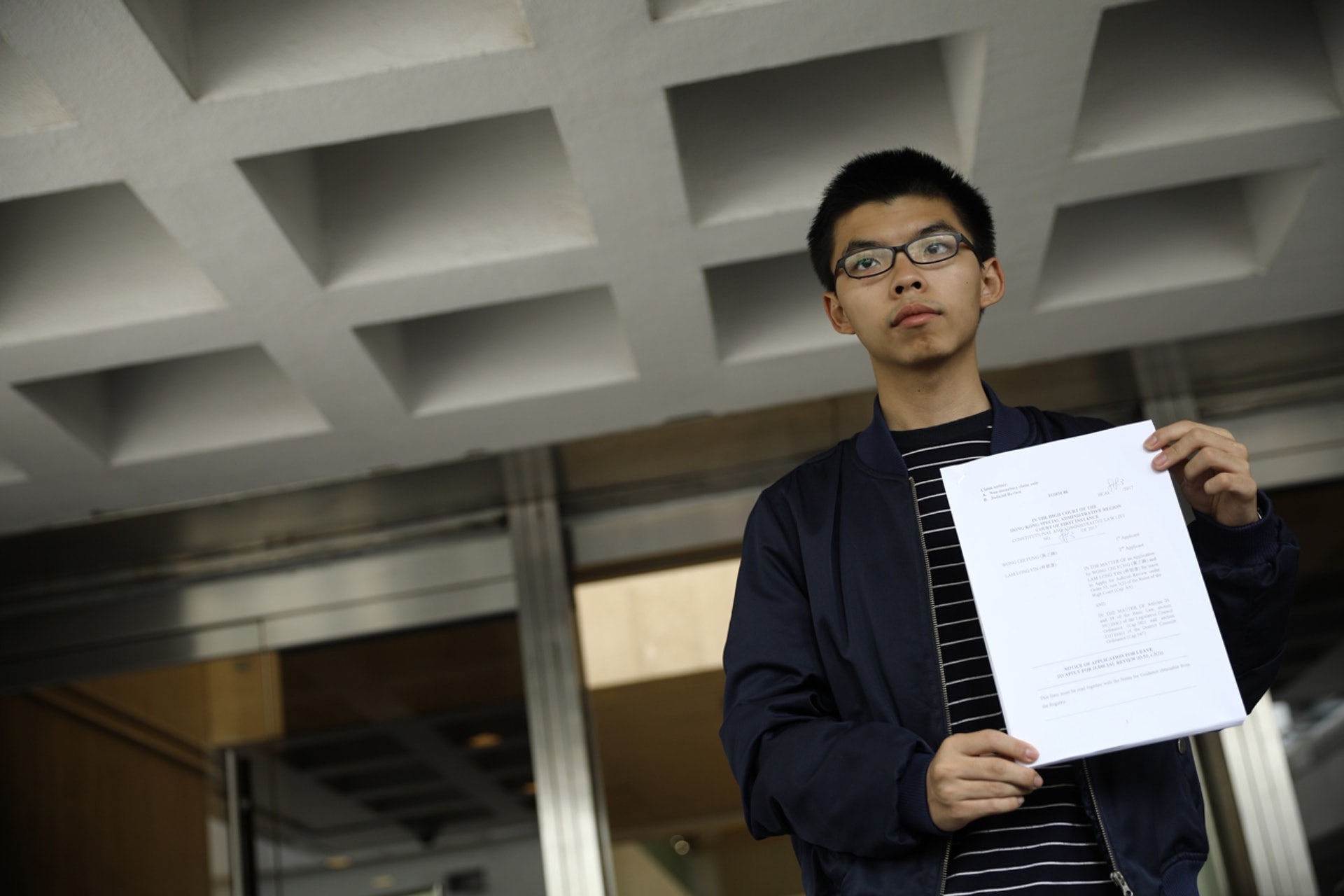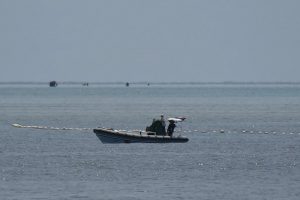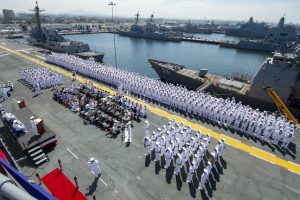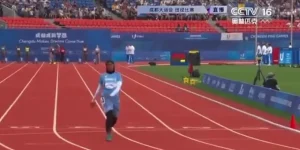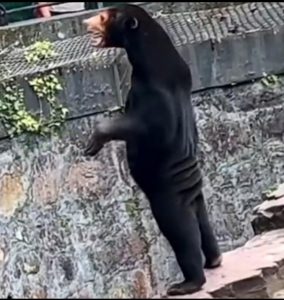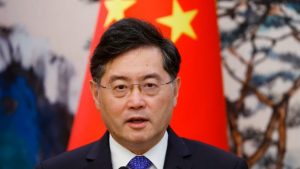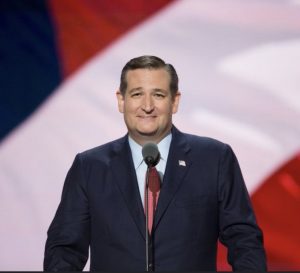Joshua Wong, a 23-year-old activist from Hong Kong, says that Beijing fears “defeat” and “Hongkongers’ determination for democracy” and this is why the China-backed Hong Kong government have postponed legislative elections due to be held in September by a year. The official reason, however, is the ‘new wave’ of coronavirus. The move ‘fully supported’ by China.
The young activist, who rose to prominence as the face of the protest movement that swept Hong Kong in 2014, told Opoyi that the Hong Kong government postponed the elections because “Beijing fears another election fiasco after the landslide victory for pro-democracy campaigners in our district council election last year. Beijing also fears Hongkongers’ determination for democracy when over 610,000 Hongkongers defied the new sweeping national security law and cast their protest votes in the first-ever primary election weeks ago.”

“Besides, pandemic lockdowns also affect Beijing’s plan to mobilize its loyalists living in Mainland China, as Beijing loyalists and the city leader confessed in their interviews. As a result, defying all counter proposals suggested by scholars and lawmakers, Hong Kong and Beijing decide to postpone the election,” said Wong, who co-founded the now-disbanded political group Demosisto.
As per the Hong Kong law, an election can be delayed by up to 14 days if there is a “danger to public health or safety.” But, Carrie Lam, Hong Kong’s chief executive, postponed the election until September 5, 2021, under emergency powers that go back to British era. The law allows the chief executive to make any regulation that is must in ‘public interest.’
Wong was just eight-months-old when Hong Kong’s sovereignty was handed over to China in 1997 by the British under a deal meant to guarantee a high degree of autonomy for 50 years. He, however, remains passionate about fighting against the restrictions Beijing has imposed on his home.
He says, “Worryingly is how Beijing reacts, since Communist leaders plan to impose a rubber-stamp legislature when they announce the arrangements on legislative limbo next week. The Beijing loyalists urge the government to bar all pro-democracy incumbents that have opposed the national security law from the new legislature. That implies Beijing can have full control over the city’s legislature and can pass more draconian measures at its will.”
The Legislative Council – or LegCo – is made up of 70 seats, but only 35 of these seats are directly voted for by the public. Other seats represent “functional constituencies” – these are voted for by smaller groups representing special interests, primarily businesses, banking and trade. Historically these sectors have been largely pro-Beijing.
And, that explains the power of China on Hong Kong, for now.
The elections were critical this year because the opposition activists had hoped to obtain a majority in the Legislative Council (LegCo) in September’s poll, capitalising on anger at China’s imposition of a controversial national security law in Hong Kong, and fears that the territory’s freedom is being eroded.
“Orwellian assault on the city’s liberty,” says Wong about the new national-security legislation, imposed by the China’s ruling communist party last month that makes dissent a crime in Hong Kong. “The law makes liberal thoughts and speeches crimes. By installing a secret police-like security agency in Hong Kong, China is extending its criminal justice system to the city, which puts the city’s judicial independence and the rule of law in peril,” he said.
“The law also introduces the mainland-style censorship regime in Hong Kong. More than just pulling pro-democracy books from libraries, the city’s security minister has also vowed to remove ‘the rotten apples’ from schools, which implies more political curbs on teachers and students,” Wong told Opoyi.
Beijing uses the law as a weapon for political screening as well, says the activist, adding that “Pro-democracy candidates are also barred from elections as they described the law as ‘draconian law’ and opposed. All these happened just within a month after the law has been put in place. It is foreseeable that the law will push Hong Kong to the brink of collapse.”
Is Hong Kong’s freedom shrinking by the day?
“Absolutely,” says Wong.
“The law hangs a Sword of Damocles over both Hongkongers, expats and foreign institutions. Under its ill-defined terms, chanting ‘Long Live Liverpool’, carrying stickers with passages from the Bibles, waving other countries’ flags and holding black placards were framed as breaching the security law. Students were arrested for their online speeches. At schools, teachers are also instructed not to discuss the anti-extradition movement to avoid crossing the red line. Therefore, the law is definitely sending a chill over the city’s liberty,” he says.

On China’s expansionist approach in South China Sea, Wong says it “threatens the peace of International order.””As many pro-Beijing academics point out, China’s expansionist approach in the South China Sea or other parts is viewed as a ‘great rejuvenation of the Chinese nation’. Nevertheless, it is worrying that this offensive realism will only result in a zero-sum confrontation and threaten the peace of International order.”
Even liberal thinkers in Mainland China also share similar concerns, he stresses.
The activist, who is at the forefront of the pro-democracy protests, says won’t back off till his home get a “brighter future”.
“Authoritarian regimes try to silence dissidents with fear, but fear cannot kill our spirit of resistance. At the times when the world’s democracy is backsliding, this is the shared destiny that we all have to face,” he said.
And in his message to the world, he says “In our David and Goliath war, Hongkongers want to send a clear message to the world – We can all fight for a brighter future with our actions. To safeguard the liberal values that we all cherish, we hope the world can keep watch on the deteriorating situation in the city and speak up for us when our voices cannot be heard.”

